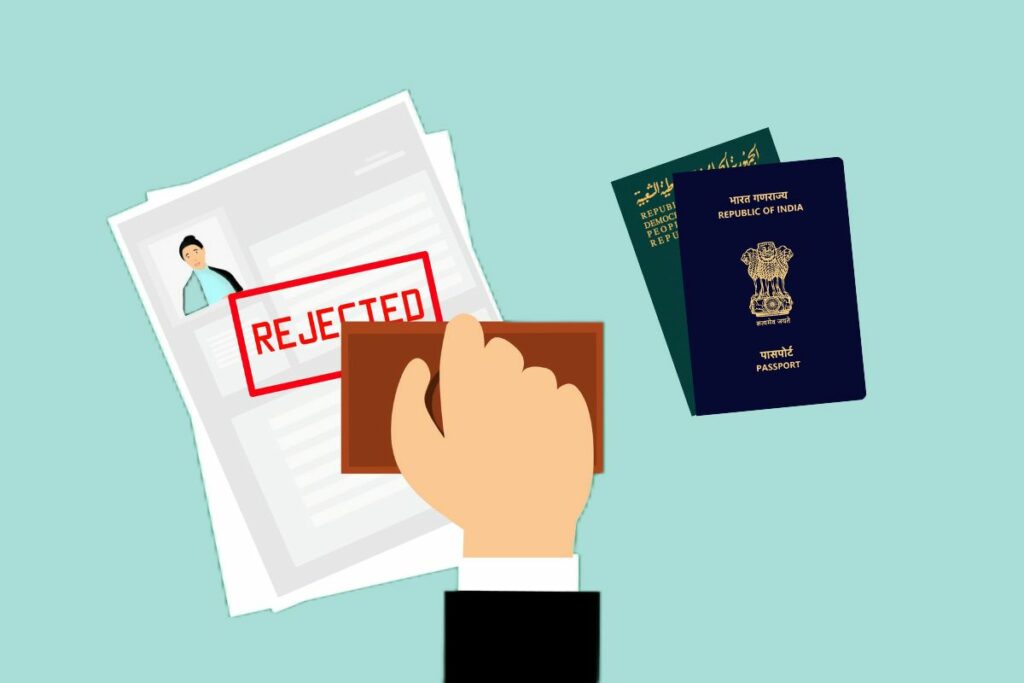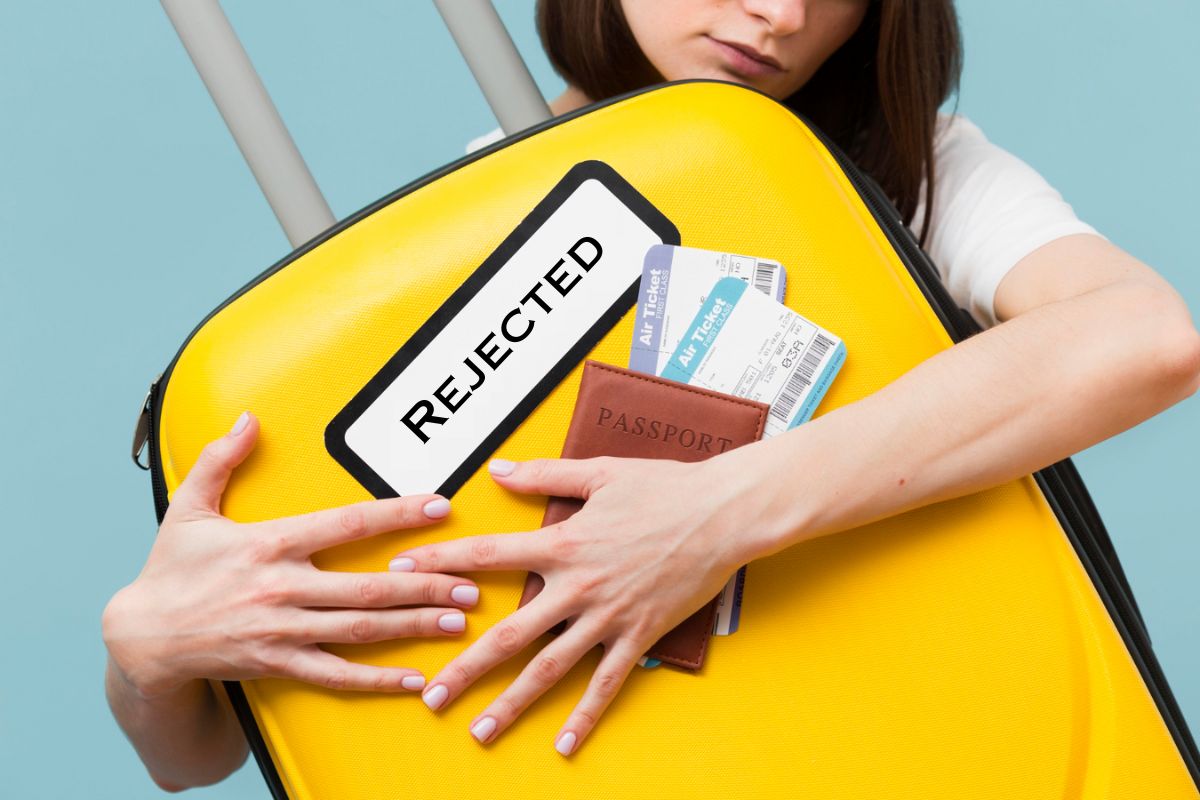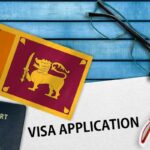The Schengen Area, comprising 26 European countries, offers a unique opportunity for travelers to explore multiple countries with a single visa. However, obtaining a Schengen visa isn’t always a straightforward process. Visa rejection is a disheartening setback that many applicants encounter. Understanding the common reasons behind Schengen visa rejections can greatly improve your chances of success.
10 Common Reasons for Schengen Visa Rejections
In this article, we will delve into the ten common reasons for Schengen visa rejections, with a focus on India’s place in Schengen visa rejection statistics and the issues of visa delays.

1. Inadequate or False Documentation
One of the most frequent reasons for visa rejection is the submission of incomplete, inaccurate, or forged documents. This can include missing or incorrect information in the application form, fake or tampered supporting documents (such as bank statements or hotel reservations), or failure to provide mandatory documents like travel insurance.
2. Insufficient Financial Means
Applicants must prove their ability to financially sustain themselves during their stay in the Schengen Area. If the provided bank statements, pay slips, or other financial documents do not meet the minimum requirement, the visa application may be rejected.
3. Lack of Travel Insurance
Travel insurance covering medical emergencies and repatriation is mandatory for Schengen visa applicants. Failure to provide comprehensive travel insurance or presenting a policy that doesn’t meet the Schengen requirements can lead to visa rejection.
4. Dubious Travel Itinerary
Your travel itinerary should be logical and feasible, with well-defined entry and exit dates, destinations, and transportation arrangements. A vague or implausible itinerary could raise doubts about the purpose of your visit and result in a visa denial.
5. Insufficient Proof of Accommodation
Failure to provide confirmed hotel reservations or an invitation from a host in the Schengen Area can cast doubt on the purpose and authenticity of your trip, leading to a visa refusal.
6. Inadequate Travel Purpose Explanation
Your visa application must clearly state the purpose of your trip, whether it’s tourism, business, medical treatment, or attending an event. If the explanation is unclear or inconsistent, the authorities may reject your application.
7. Weak Ties to Home Country
Applicants need to demonstrate strong ties to their home country, such as family, employment, property, or other commitments, to assure the authorities that they will return after their Schengen visit. Failure to establish these ties can result in visa rejection.
8. Criminal Record or Security Concerns
A criminal record or potential security threats can lead to visa rejection, as Schengen countries prioritize safety and security for both their residents and visitors.
9. Overstaying or Visa Violations
If you have a history of overstaying or violating visa regulations in any country, it could significantly diminish your chances of obtaining a Schengen visa.
10. Previous Visa Rejections
Having a record of previous visa rejections, especially within a short timeframe, can raise doubts about your intentions and credibility, potentially leading to another rejection.
India’s Place in Schengen Visa Rejection
A new report indicates that the Schengen countries has rejected more than 121,000 visa applications from Indian travelers in 2022, representing an 18% rejection rate.
It is important to note that India is one of the countries with a relatively higher rate of Schengen visa rejection. This can be attributed to factors such as a large number of applications, differences in socioeconomic conditions, and concerns about applicants not returning after their visit due to inadequate ties to India.
However, it’s important to note that rejection rates can vary over time and may also depend on the individual applicant’s circumstances.
Visa Delays and Rejections
Visa delays can be just as frustrating as rejections. Delays often occur due to high application volumes, administrative processing, or the need for additional verification. To minimize delays, applicants should submit their applications well in advance and ensure that all required documents are complete and accurate.
Conclusion
In conclusion, understanding the common reasons for Schengen visa rejections is crucial for a successful application process. By carefully preparing your application, providing accurate documentation, and addressing any potential red flags, you can enhance your chances of obtaining a Schengen visa and enjoying a memorable trip to Europe.
Remember that each rejection or delay can be a learning experience, helping you improve your approach for future visa applications.
Follow and connect with us on Facebook, Twitter, LinkedIn, Instagram and Google News for the latest travel news and updates!





